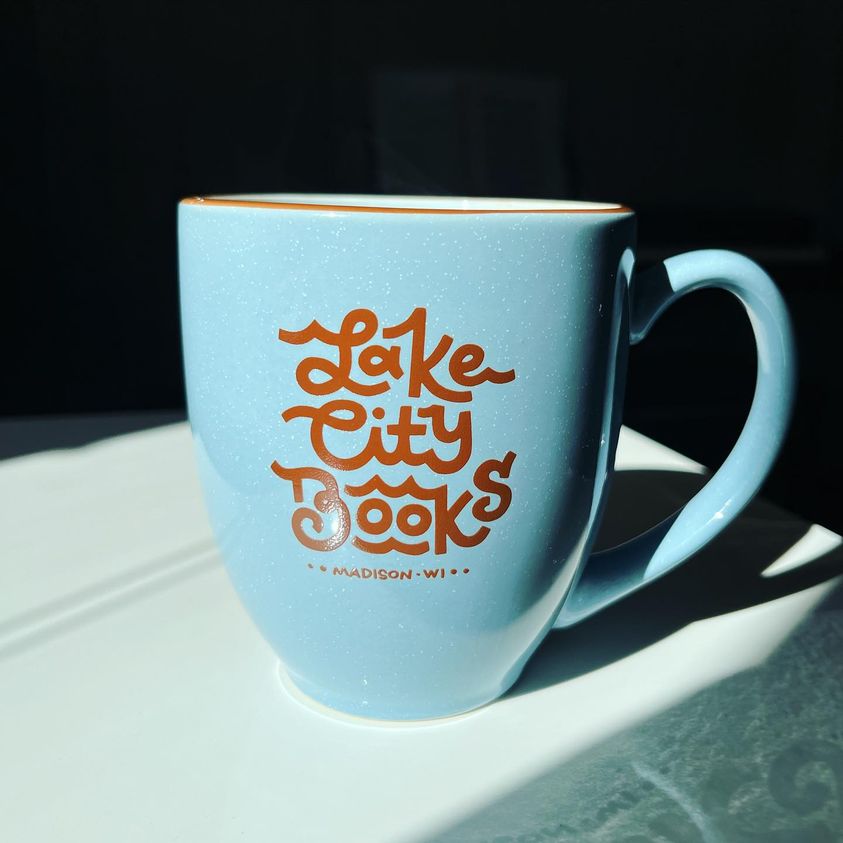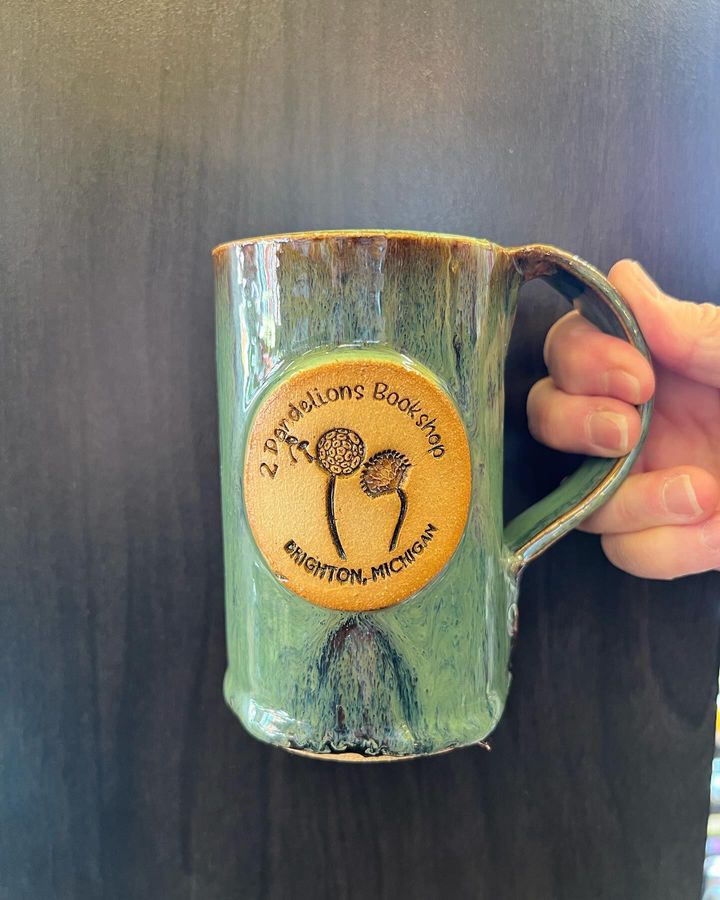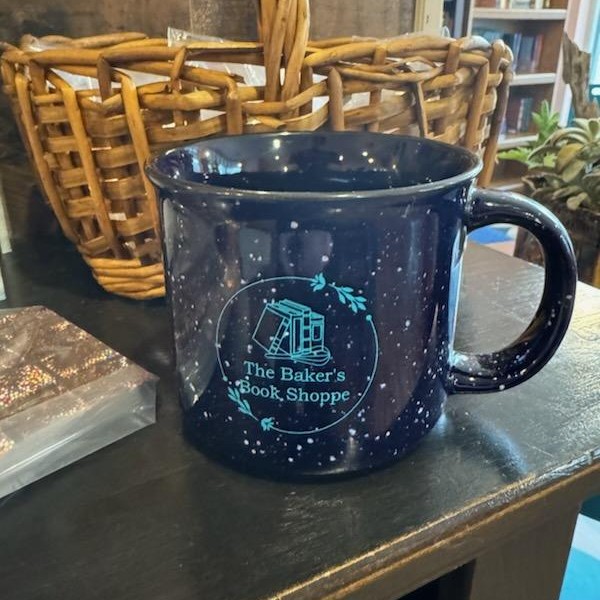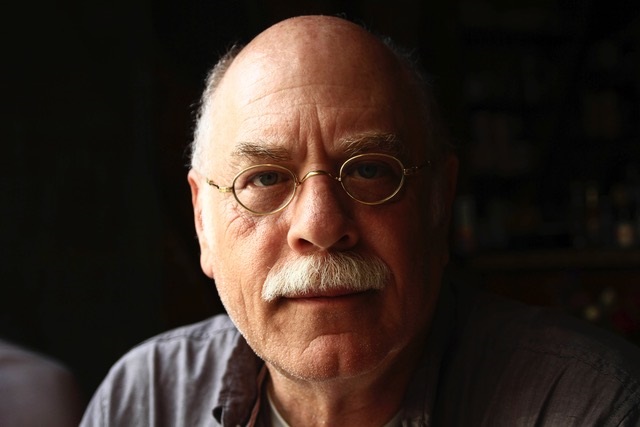 |
| photo: Xavi Permanyer |
In the late 1970s, with Bruce Boone, Robert Glück founded New Narrative--a literary movement of self-reflexive storytelling that combines essay, lyric, and autobiography in one work. Glück is the author of the story collections Elements and Denny Smith; a volume of collected essays, Communal Nude; and the novels Jack the Modernist and Margery Kempe. His books of poetry include La Fontaine with Bruce Boone; Reader, In Commemoration of the Visit with Kathleen Fraser; and I, Boombox. Glück served as director of the Poetry Center at San Francisco State University, where he is an emeritus professor. Glück is also a potter who has shown his ceramics in the U.S. and in Europe. He lives "high on a hill" in San Francisco. About Ed (NYRB, November 14, 2023) is his version of an AIDS memoir--like memory, a hybrid of fiction and fact: activism, comedy, fury, art, love, longing, and horror.
On my nightstand from a big stack of books:
National Dish by Anya von Bremzen explores the relation of politics to food traditions. For example, tapas is a fairly recent invention in Spain, promoted by Franco to create the impression of the Spain of tambourines and local cuisines.
The Long Form by Kate Briggs, not yet read, suggested by Lisa Robertson.
Music for Porn by Rob Halpern. In this book of poems, Halpern explores the myth of the American soldier. The eroticized bodies of the wounded and dead conflate with the power of the state.
Simple Passion by Annie Ernaux. Egoless exploration of obsession. I'm not surprised she won the Nobel Prize. At the same time, I am surprised that this writing without prudery could win it.
My Dead Book by Nate Lippens. This take-no-prisoners novel takes a walk on the wild side. It is scrupulous, funny, and scary--writing close to the edge of the cliff.
Favorite book when you were a child:
Alice's Adventures in Wonderland by Lewis Carroll. Does this need explaining? Though his next book, Through the Looking Glass, was disturbing in its disrupted logic and lack of plot.
Your top five authors:
Frank O'Hara, Georges Bataille, Maurice Blanchot, John Keats, Geoffrey Chaucer. How embarrassing: white men in the hard drive.
Book you've faked reading:
I read Moby-Dick all night for a college exam the next morning, and I realized at page 175 or so that I was dreaming my own story while turning the pages as though I were reading Melville's book.
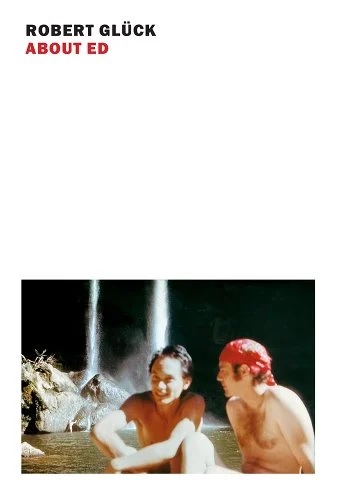 Book you're an evangelist for:
Book you're an evangelist for:
Adorable by Ida Marie Hede. Hede is a Danish writer and poet, and her novel is a portrait of a young family, an exploration of a porous world where grime, bacteria, death are united with birth and love. It's scary and funny, with amazing prose.
And The Burning Plain and Other Stories by Juan Rulfo. If Rulfo married Maurice Blanchot, their son might be Roberto Bolaño.
Book you've bought for the cover:
Memoirs of Bob, The Spotted Terrier. I've had this book for decades, though I am this minute reading the first sentences by this erudite puppy, which are astonishingly apropos: "The love of fame seems natural to every thing that breathes; even the notoriety of infamy has been thought more desirable than the oblivious shade of unaspiring innocence. Else how can we account for several sad dogs of the human race, of both sexes, publishing their disgraceful memoirs; and thus inviting that reprobation which they might have escaped, had they kept their secrets to themselves?"
Book you hid from your parents:
When I was a teenager in my orthodox Jewish home, I was in love with the Christian mystics. For example, The Cloud of Unknowing. I was very surprised when a book by Martin Buber, the Jewish philosopher, appeared on my desk. So, then, it seems they were watching after all?
Book that changed your life:
Eroticism, also called Death and Sensuality, by Georges Bataille. I learned what sex and death have in common, and what actually constitutes a community.
Favorite lines from a book:
"You have delighted us long enough." Mr. Bennet gently quells his not very talented daughter in Pride and Prejudice.
"He hates an infidel much less than a heretic, and prefers a heathen many times to an infidel." Conrad describes a Grand Vicar in Nostromo, though this could be a description of the history of the left in San Francisco.
"But is the earth as full as life was full, of them?" --Frank O'Hara
Five books you'll never part with:
The Obituary by Gail Scott. This novel of unalloyed sadness and sly humor dissects repressed history and the disjunctions of language, gender, and race in Montreal.
Honey Mine, a collection of Camille Roy's stories. A deeply rich and tasty exploration of outlaw lesbian life in the '80s and '90s in San Francisco. "I detail the experience without making it intelligible."
Argento Series by Kevin Killian. My heart swells with pride as I claim his masterpiece for San Francisco. Argento Series is Killian's "Lament for the Makers," a monument reaching halfway to the stars for our fallen stars and dreams lost to AIDS.
Lunch Poems by Frank O'Hara, though not necessary to keep since I know most of them by heart.
A Voice Through a Cloud, or any book by Denton Welch. Welch does not seem to have an agenda, yet he carries on in prose so accurate and free that he retunes my ears.
Book you most want to read again for the first time:
No doubt about this one: In Search of Lost Time by Marcel Proust, now that so many wonderful translators have tackled it, like Lydia Davis. I read the old Scott Moncrieff translation in the early '70s, a masterpiece in its own right, but not exactly Proust's masterpiece. Moncrieff suppressed changes in tone and diction, preferring to keep the prose elevated.
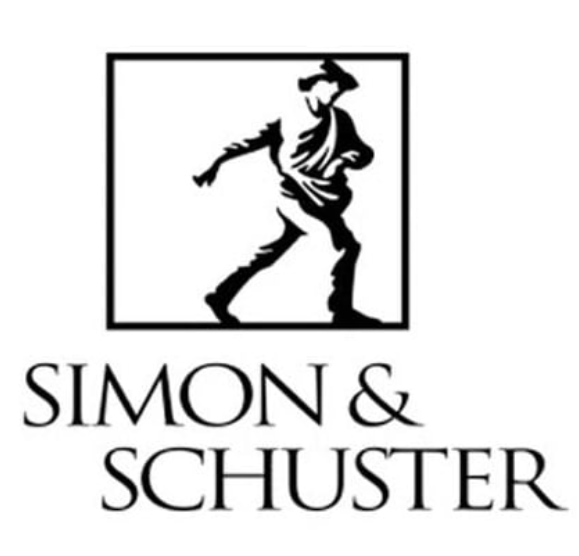





IPC.0204.S3.INDIEPRESSMONTHCONTEST.gif)



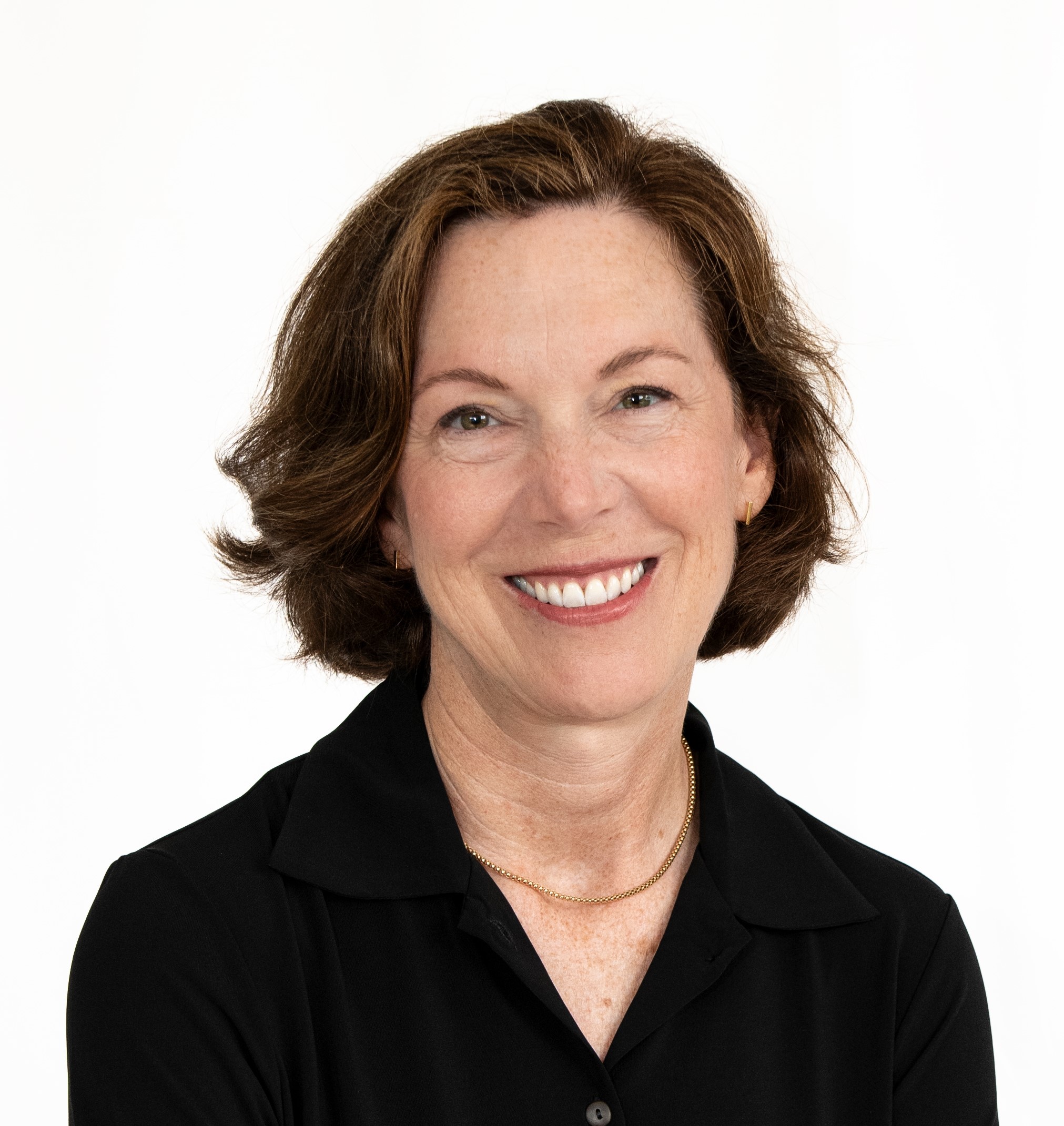
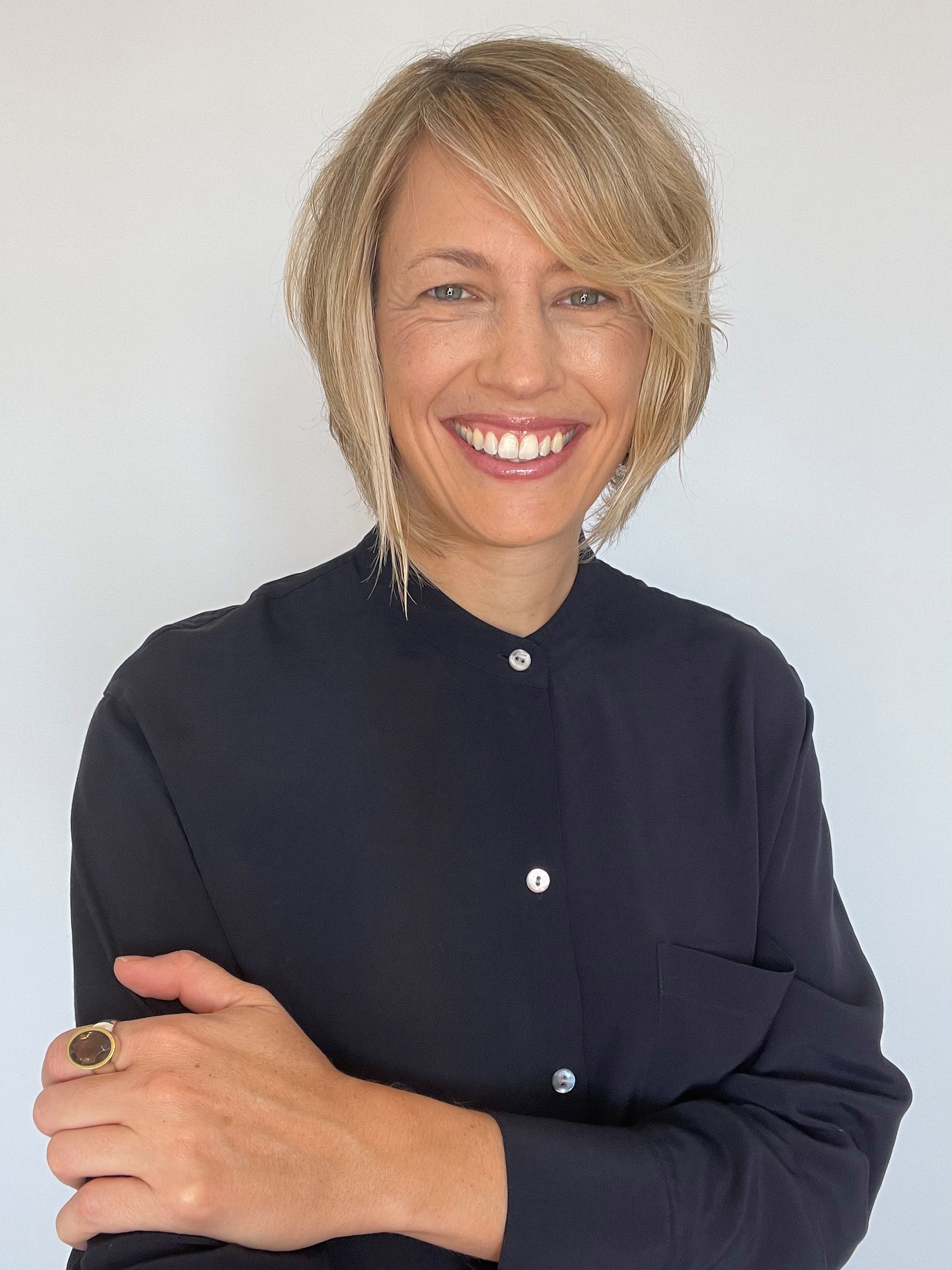
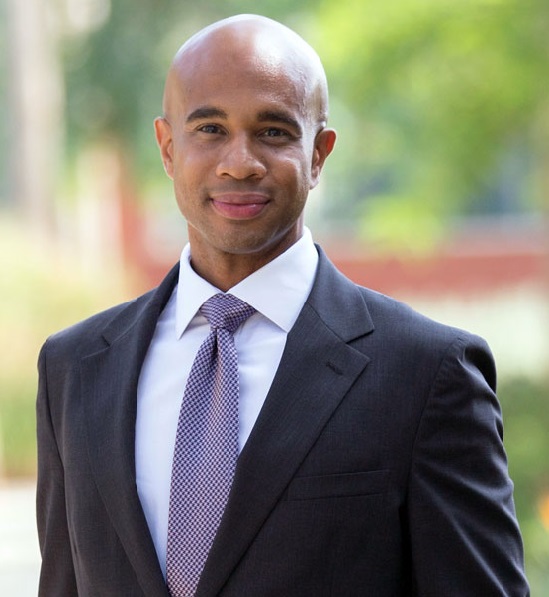

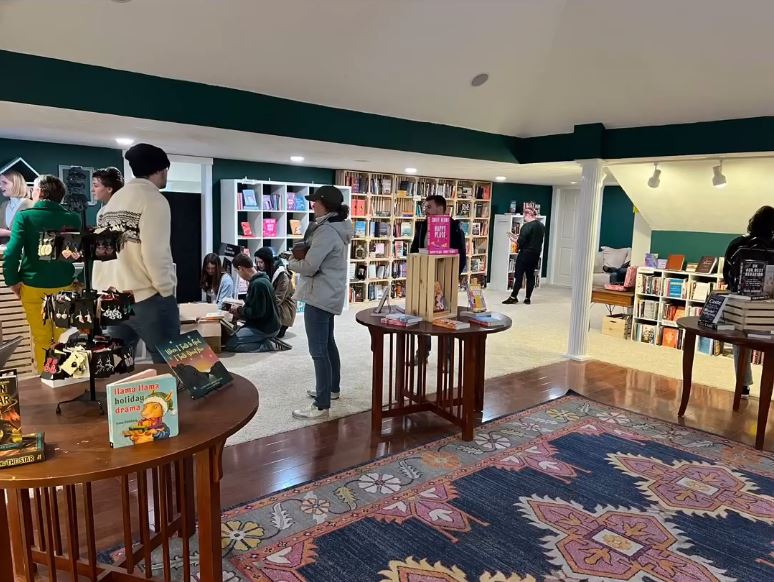

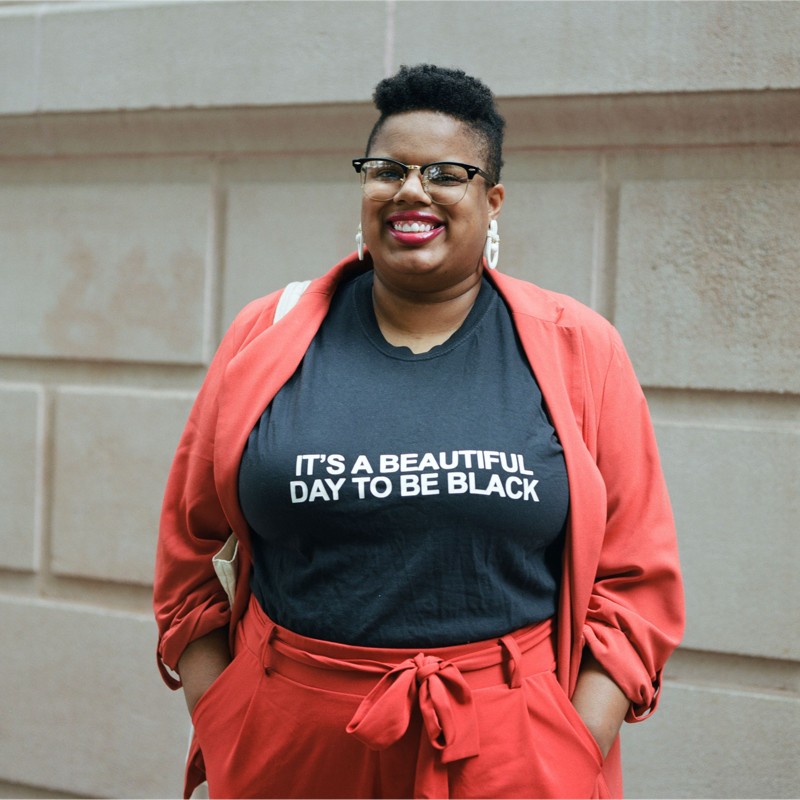

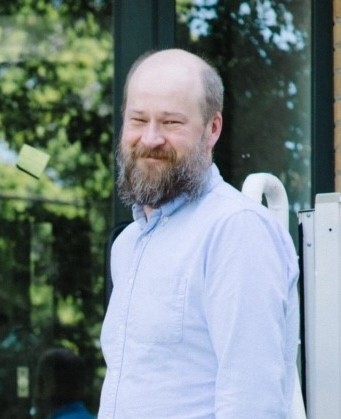
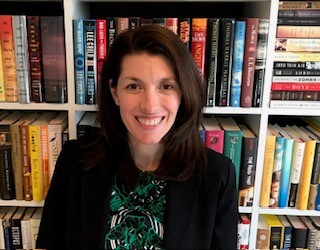
IPC.0211.T4.INDIEPRESSMONTH.gif)
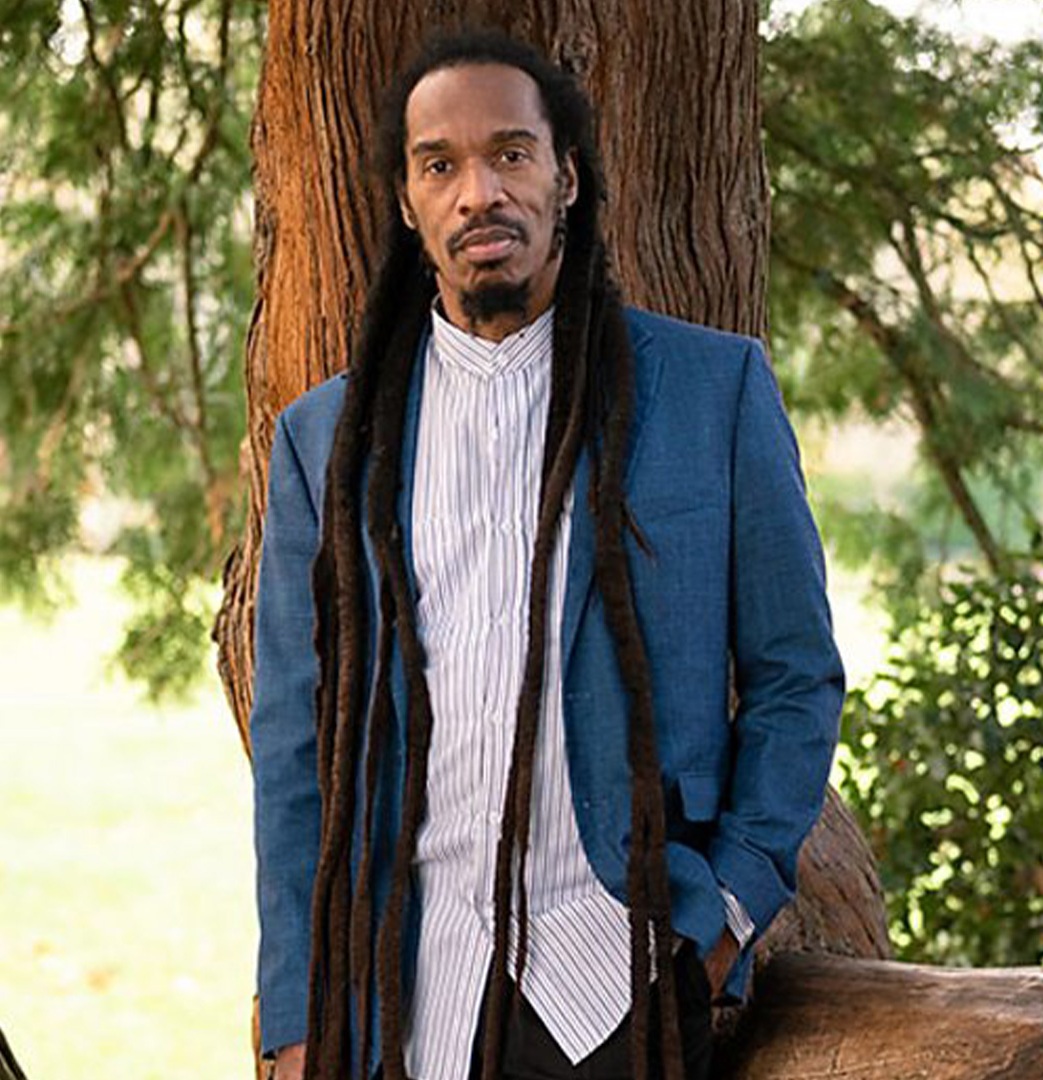
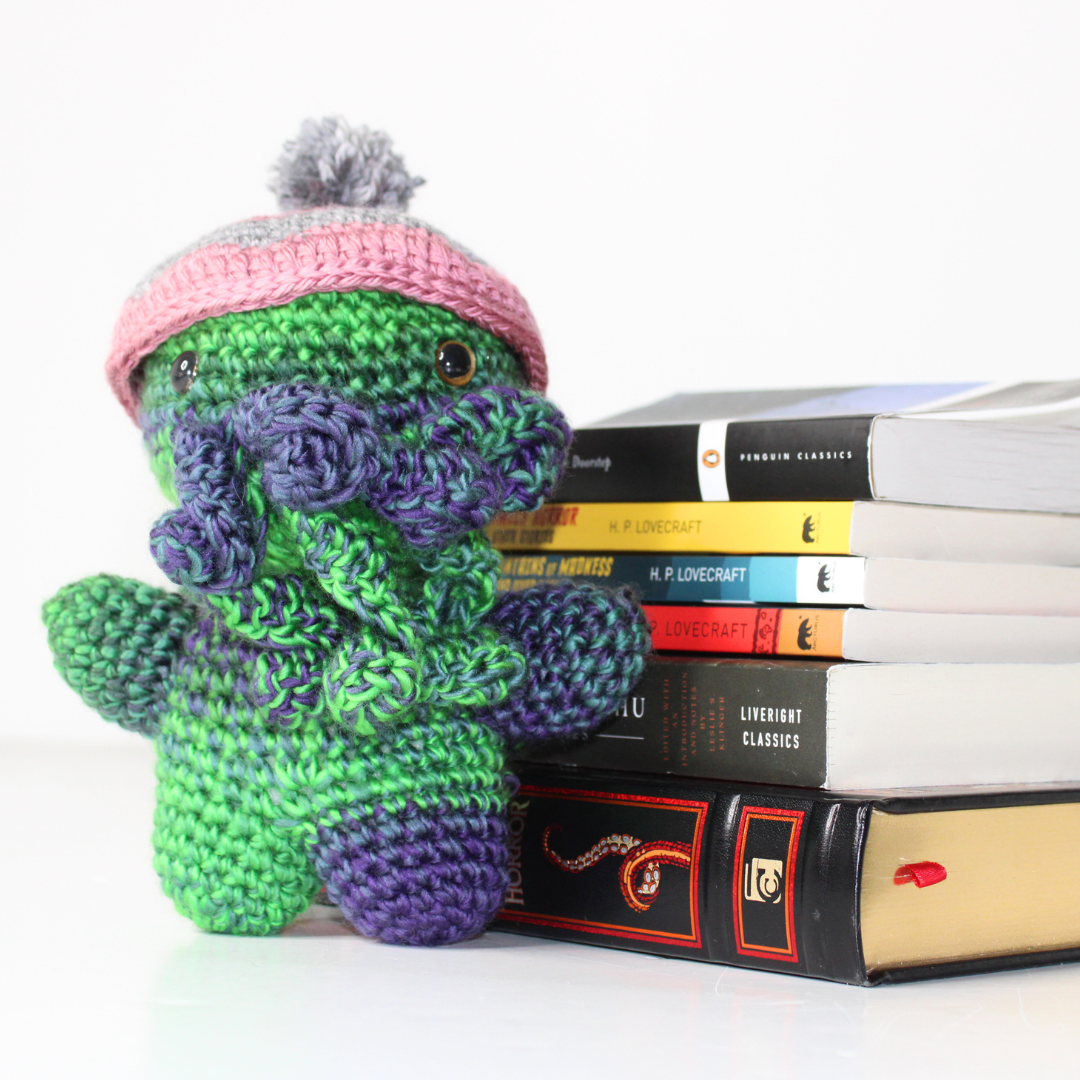 Cristin Stickles, a buyer at New York City's
Cristin Stickles, a buyer at New York City's 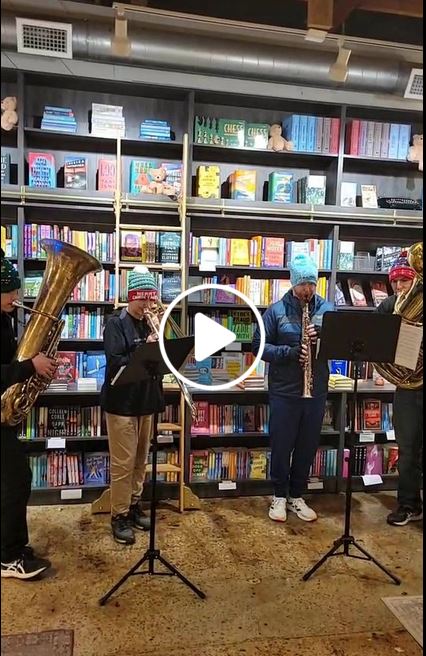
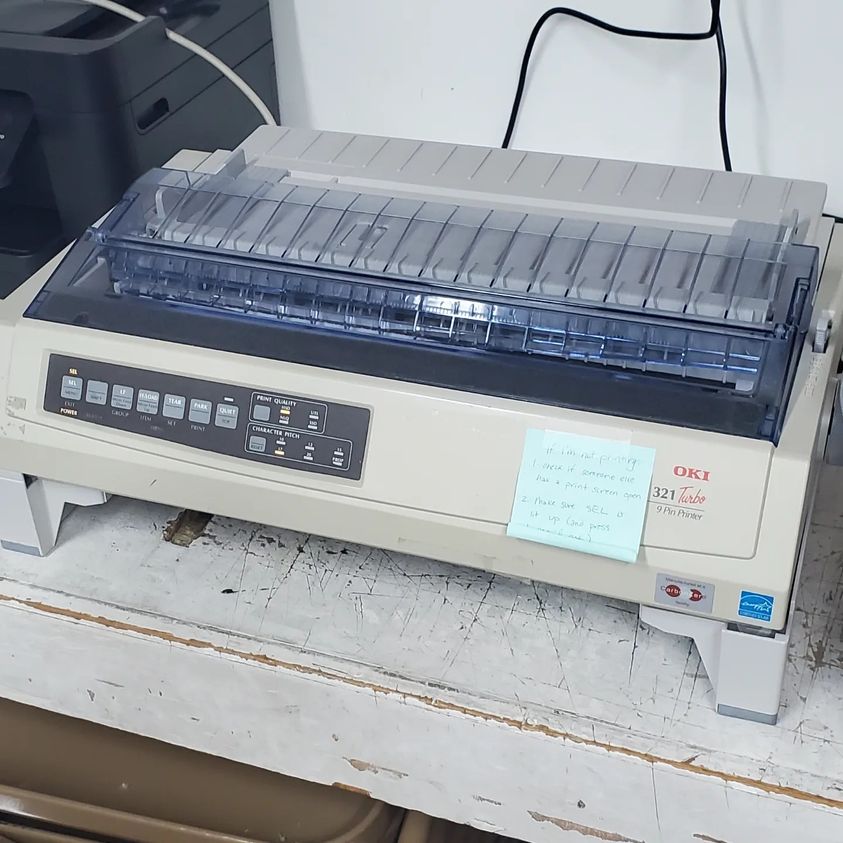 "To our Brazos family and friends, today is a bittersweet day in our bookstore's history. Today we say good bye to our longest standing staff member,
"To our Brazos family and friends, today is a bittersweet day in our bookstore's history. Today we say good bye to our longest standing staff member, 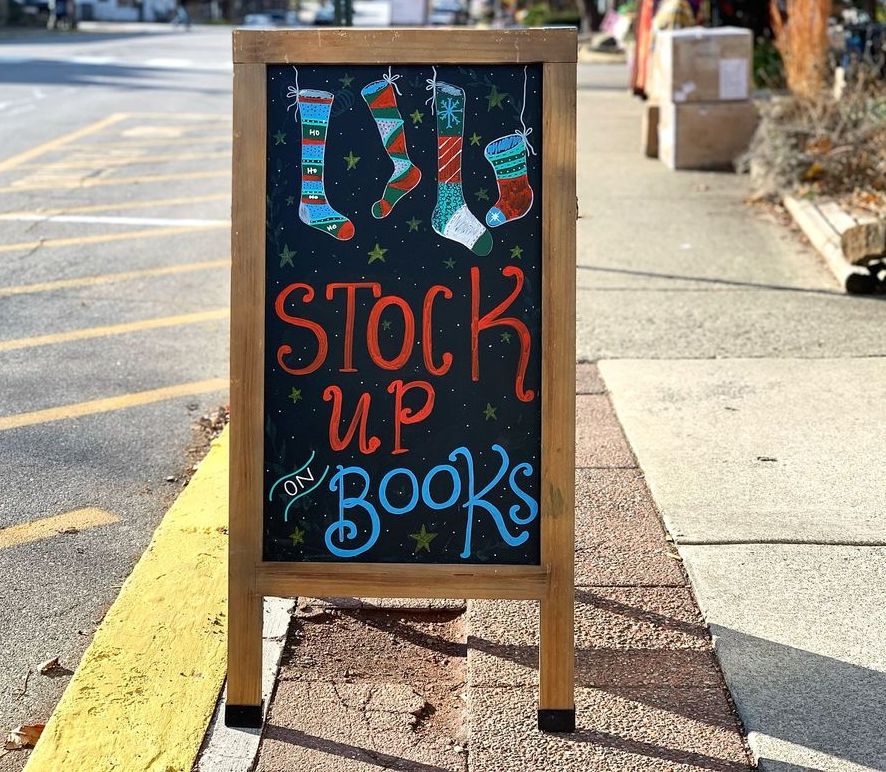 "
"
 Book you're an evangelist for:
Book you're an evangelist for: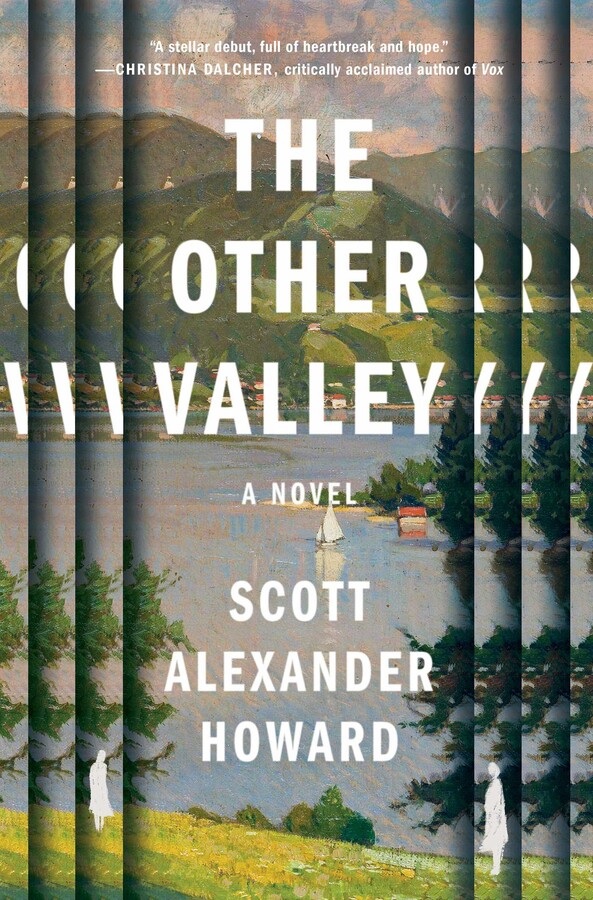 Scott Alexander Howard's first novel, The Other Valley, is a lyrical, thought-provoking coming-of-age story that probes the question of self-determination.
Scott Alexander Howard's first novel, The Other Valley, is a lyrical, thought-provoking coming-of-age story that probes the question of self-determination.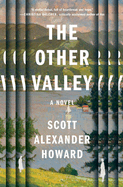
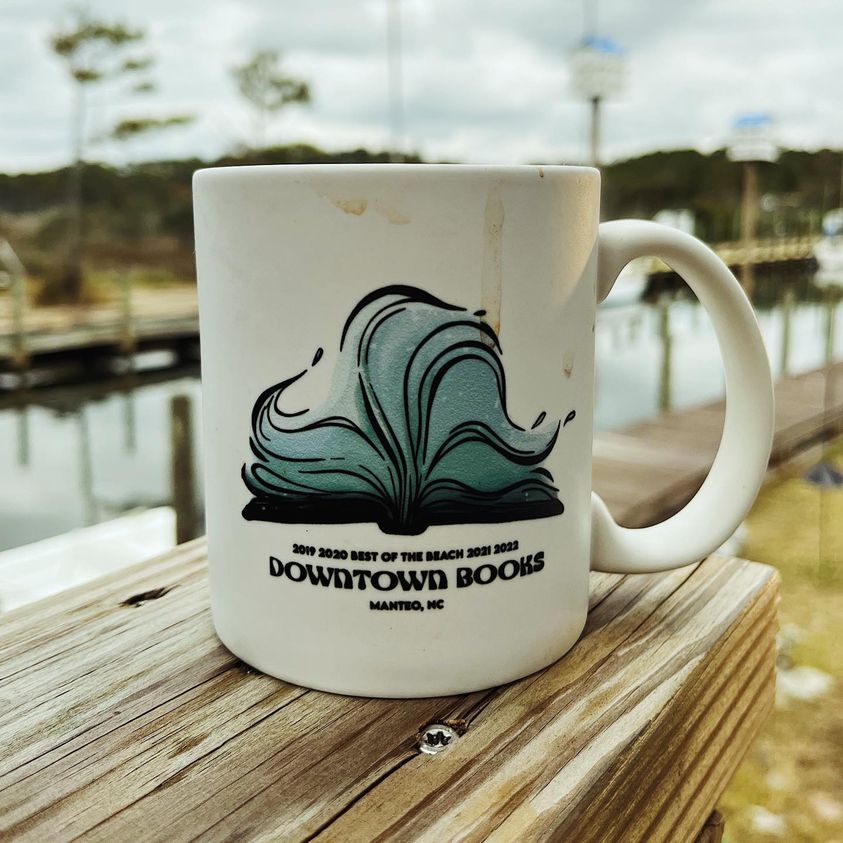 My first mug shot sighting came on July 15, when I noticed posts by
My first mug shot sighting came on July 15, when I noticed posts by 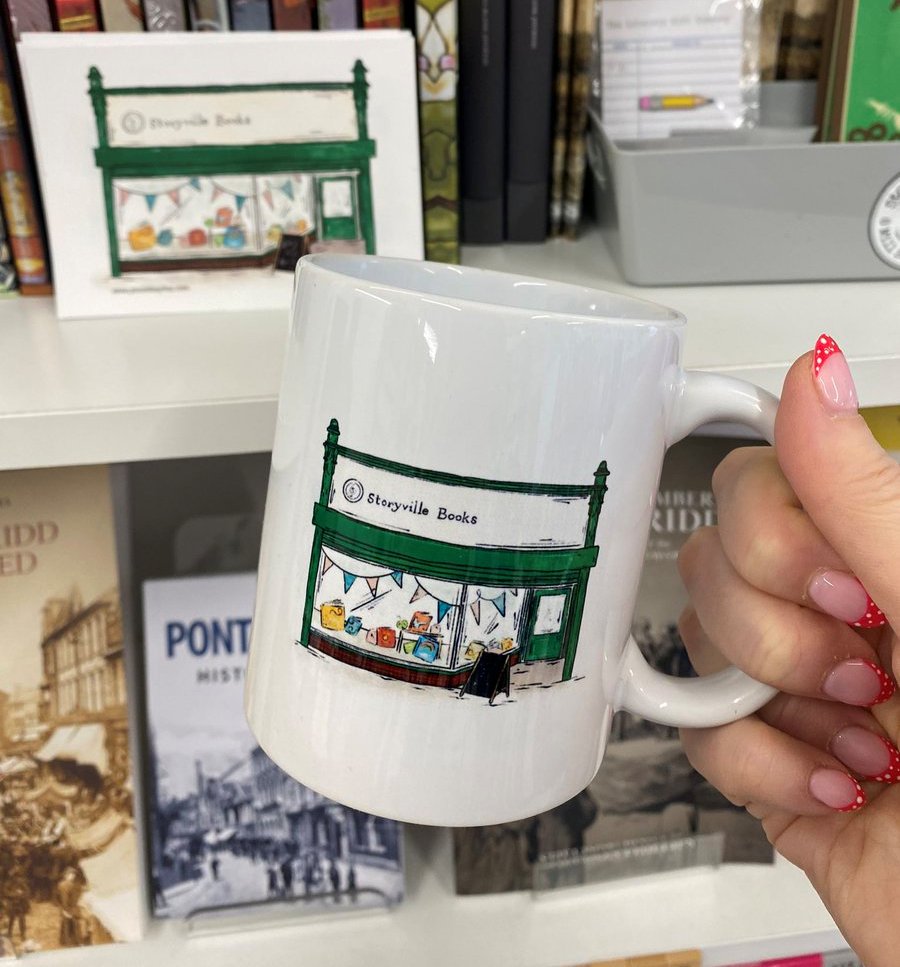 Storyville Books
Storyville Books